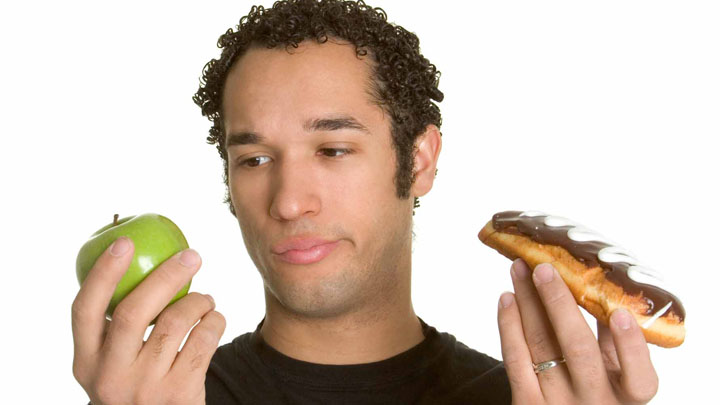

 Processed foods are foods that are altered from the way they are found in nature.
Processed foods are foods that are altered from the way they are found in nature.
Often we hear that we should eat fewer processed foods. This is because many highly processed foods contain:
At the grocery store or wherever you buy food, there is a range of processed food from minimally processed, like bagged prewashed spinach, all the way to highly processed, like candy or donuts.
Unprocessed foods are plant or animal foods as they are found in nature, like fresh Saskatoon berries picked from the bush or carrots from the garden.
Minimally processed foods include
Foods that are unprocessed or minimally processed tend to be healthier choices. Minimally processed foods, like frozen vegetables and fruit, or canned beans with no added salt, can make it easier to eat healthy.
The Healthy Grocery List provides mainly unprocessed and minimally processed food ideas.
Read labels to choose healthier processed foods like tomato sauce, whole grain bread and canned fish.
Look for foods with fewer ingredients on the package ingredient list, and choose foods with little or no added sugar, salt or fat.
For more information about how to avoid highly processed foods, see:
![]()